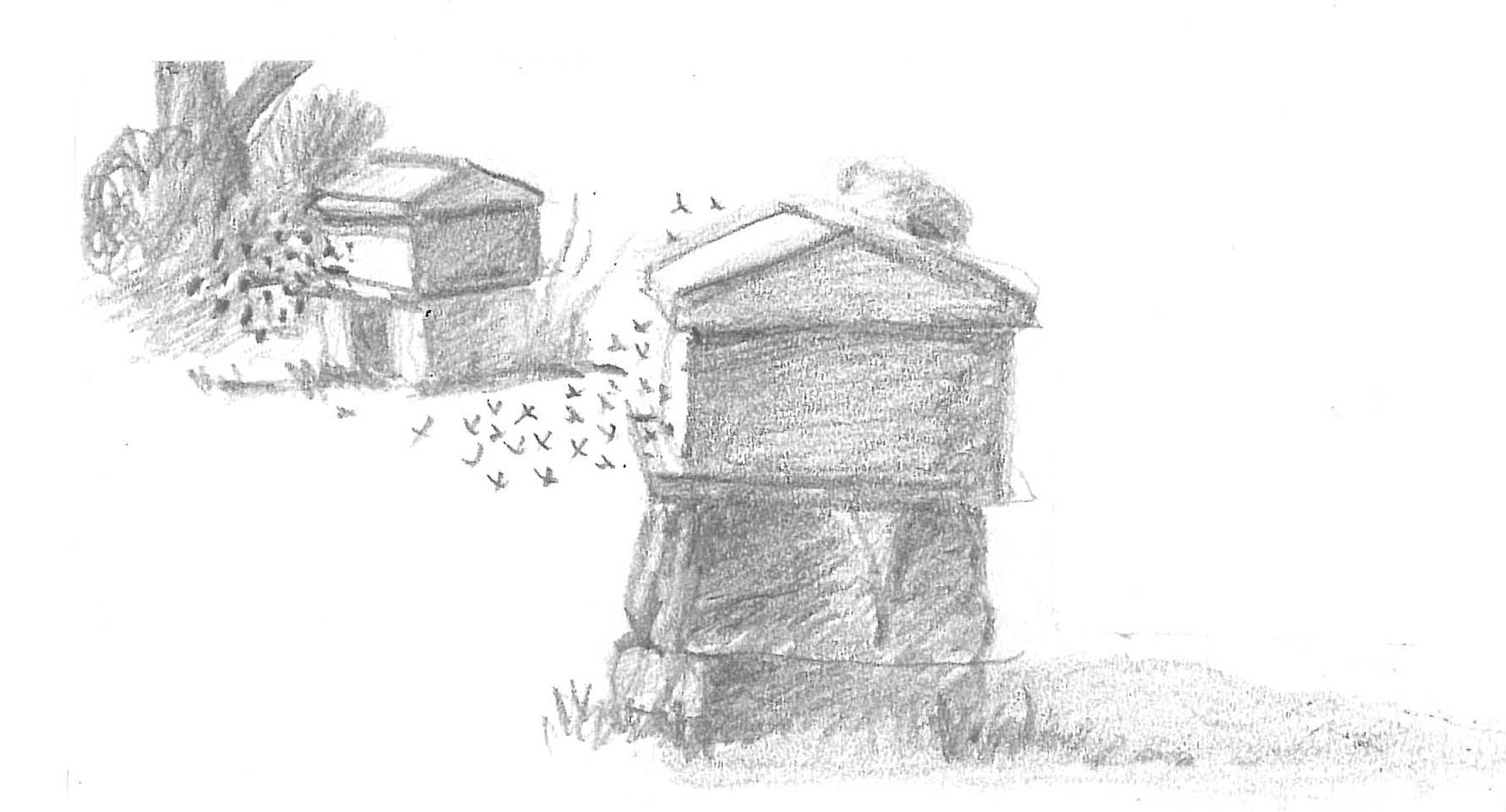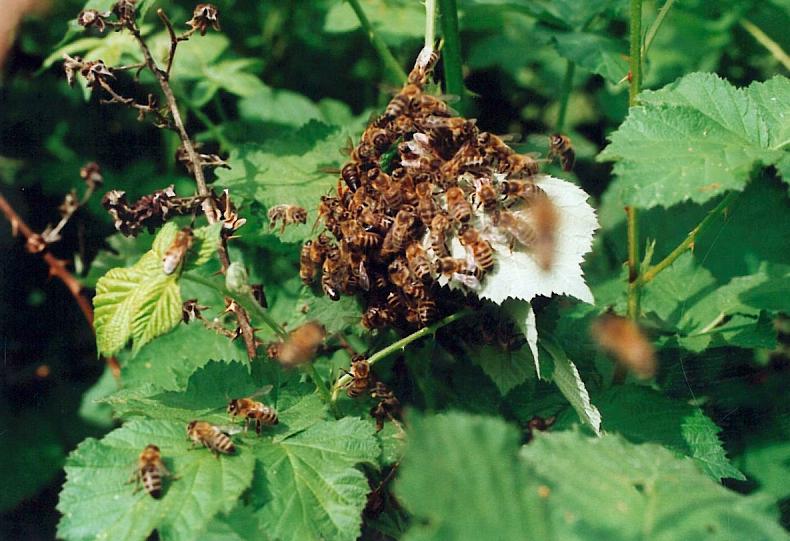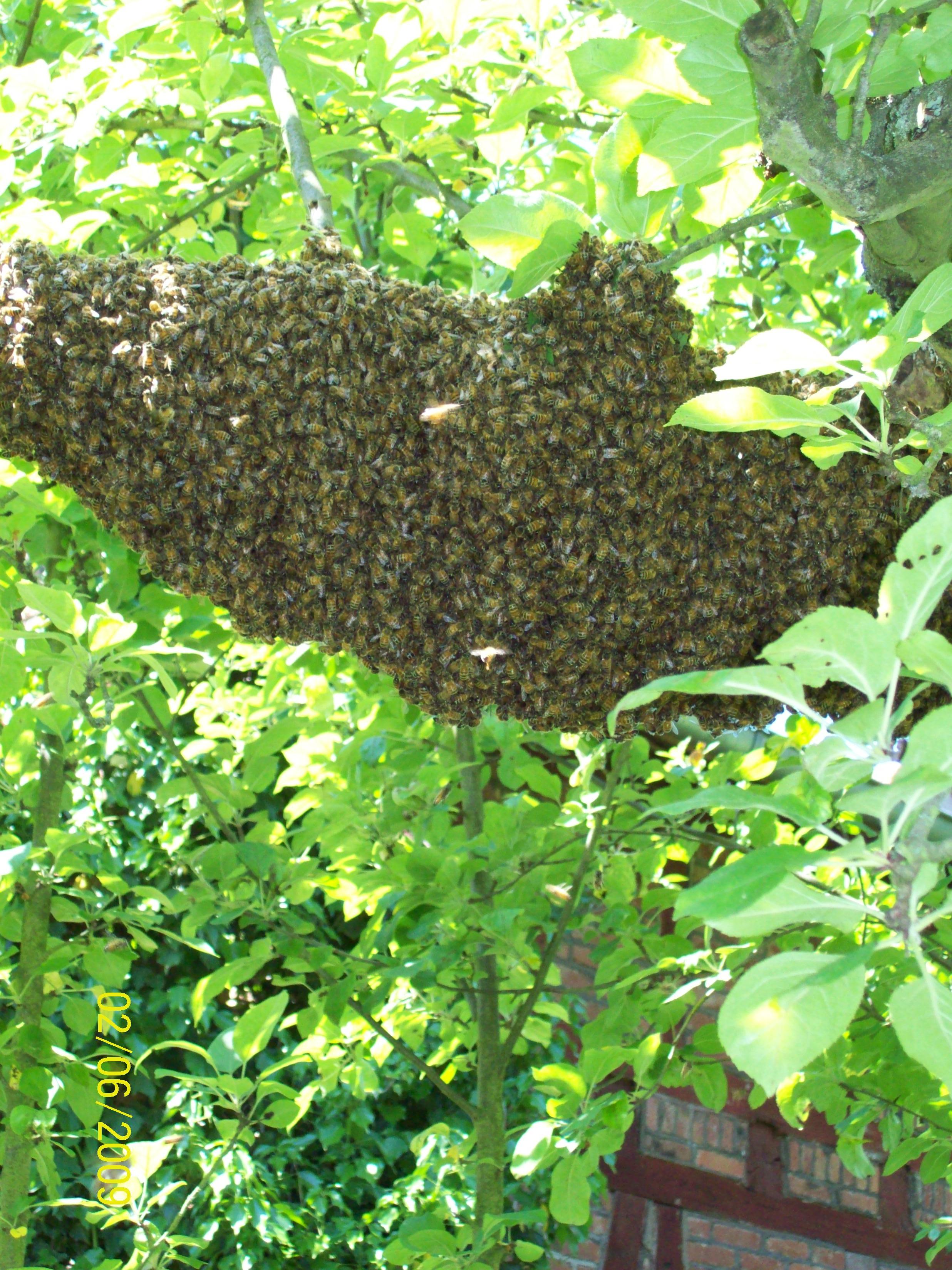
Centre for
Ecological Apiculture





Sign
up for bee-therapy | Beauty-cure
| Anti-aging
| Infertility
| Cancer
of the breast | Hashimoto-Thyreoiditis
|
Crohn's disease
Rheumatism
| Juvenile idiopathic
arthritis | Heart
diseases | Arteriosklerosis
| MS |
Diabetes
| Neurodermitis
| Obesity |
Depression
and Psychosis
Allergies
| Alzheimer
/ Parkinson | Diseases
of the kidneys | Pancreas
| how
to improve fitness of the body
Propolis
| Beeswax | Royal
Jelly | Organic Honey
| Comb in the Comb
| Raw Honey | Organic
Beekeeping Basic Course
Expertise
| Courses | Home
| Research | Save
Beecolonies-Bienenpatenschaft | Certification
| Training
Apitherapy
Api
Review Letters / Science Review Letters
Akademie
der Kunst und Philosophie / Academy of Arts and Philosophy
Save
the Bees, Bumblebees and Beecolonies
Zentrum
fuer wesensgemaesse Bienenhaltung
Centre
for Ecological Apiculture
Forschungszentrum
Bienentherapie / Natural Apitherapy Research Centre
Beetherapy
/ Academy of Sciences
DI.
M. Thiele, President and international Coordinator
Unexplainable Phenomenons?
Weakening of the Beecolony by Unnatural
Substances like Plastic Combs, Artificial Frames and Foundation, Rotating
Frame Hives, Skyscraperhives, Insecticides, Genetically Modified Pollen
Reseach on this topic is coordinated
by centre for ecological beekeeping (in German: Zentrum fuer wesensgemaesse
Bienenhaltung) and by scientists from several universities in Germany and
other countries. More and more it turns out that not only pollen and other
parts from crops modified by Agro-biotechnology are responsible for a weakening
of beecolonies, but also artificial frames, foundations and combs.
Is the colony being disturbed,
while it is being forced to get along with new and unnatural substances,
it never had selected itself (for example. Plastic combs), or comes in
contact with it (special pesticides, GE-pollen), thus this can not only
lead to communication - disorders within the colony, but causes by that
also till now unexplainable phenomena. Because, if the communication is
disturbed, the nectar - and pollen foragers can not decipher that "bee
language" in the hive anymore, or too less foragers react on the bee dances
(which show up the distance and quality of the feed source), thus too less
nutritious pollen resp. nectar is going to be collected and the colony
dies by starvation. Apiculture
2
(1) 2003
New scientific research turned out that
plastic combs, artificial foundation and frames as they are in parts also
allowed in organic beekeeping, lead to a collapse of communication system
of a beecolony. Important to know is the fact that a naturally built comb
is not only used for storage of honey and pollen or brood rearing but it
is also a kind of "world-wide-comb"; honeybees use it for tele-communication
and transmitting of information.
Learning more not only on the phenomenon
honeybee but also on how to keep honeybees according their character in
the age of solar economy: Training
in the Centre for Ecological Apiculture
Further reading regarding the latest scientific
review on this research can be found in our publications.
See also press-release 2003 below.
2007 Dec 18
Centre
for Ecological Apiculture
beekeeping courses for beginners: ecological
top-bar-beekeeping for beginners
See also: online book "Side-effects
of pesticides / health hazards of genetic engineering"
International science magazines:
Apicultural
Review Letters
Natural
Science
Science
Review Letters
Unexplainable
Phenomenons?
A Further Weakening of the
Honeybee?
The health conditions of the honeybee are
in the industrialized countries of the earth increasingly worse. Colony
losses of 30% - 50% of the stock in 2002/2003 were no rarity at apiaries
in Germany, France, Austria and somewhere else.
Through determined beekeeping conditions
the bee became over decades treated so unnatural, that it's immune system
and "blood system" is debilitated; Parasites, viruses etc. are only the
symptoms.
Not only newer investigations from Germany
have turned out, how important determined, from the bees themselves produced
substances and structures are for the communication in the colony. Is the
colony being disturbed, while it is being forced to get along with new
and unnatural substances, it never had selected itself (for example. Plastic
combs), or comes in contact with it (special pesticides, GE-pollen), thus
this can not only lead to communication - disorders within the colony,
but causes by that also till now unexplainable phenomena. Because, if the
communication is disturbed, the nectar - and pollen foragers can not decipher
that "bee language" in the hive anymore, or too less foragers react on
the bee dances (which show up the distance and quality of the feed source),
thus too less nutritious pollen resp. nectar is going to be collected and
the colony dies by starvation.
2003 March 3
T+T Consult
More Information:
Apiculture
2
(1) 2003

